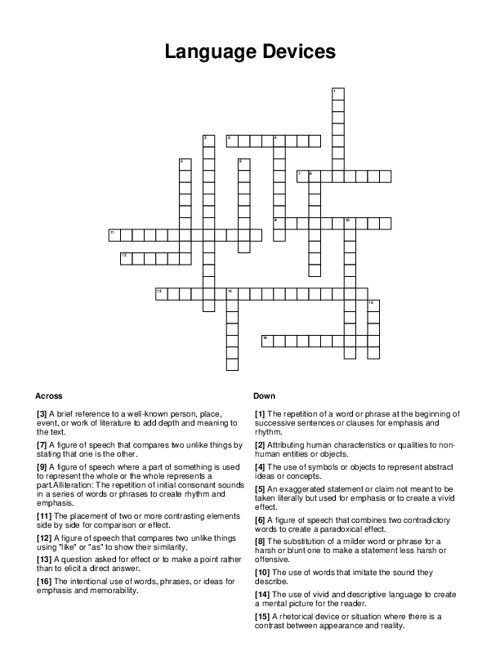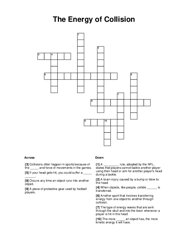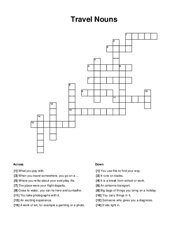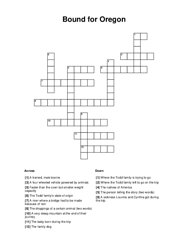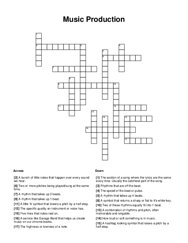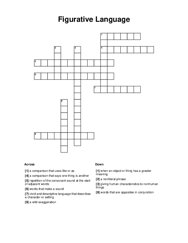Language Devices Crossword Puzzle
QUESTIONS LIST: imagery: the use of vivid and descriptive language to create a mental picture for the reader, metaphor: a figure of speech that compares two unlike things by stating that one is the other, personification: attributing human characteristics or qualities to non-human entities or objects, irony: a rhetorical device or situation where there is a contrast between appearance and reality, anaphora: the repetition of a word or phrase at the beginning of successive sentences or clauses for emphasis and rhythm, juxtaposition: the placement of two or more contrasting elements side by side for comparison or effect, oxymoron: a figure of speech that combines two contradictory words to create a paradoxical effect, onomatopoeia: the use of words that imitate the sound they describe, hyperbole: an exaggerated statement or claim not meant to be taken literally but used for emphasis or to create a vivid effect, repetition: the intentional use of words, phrases, or ideas for emphasis and memorability, synecdoche: a figure of speech where a part of something is used to represent the whole or the whole represents a part.alliteration: the repetition of initial consonant sounds in a series of words or phrases to create rhythm and emphasis, allusion: a brief reference to a well-known person, place, event, or work of literature to add depth and meaning to the text, symbolism: the use of symbols or objects to represent abstract ideas or concepts, simile: a figure of speech that compares two unlike things using "like" or "as" to show their similarity, rhetorical question: a question asked for effect or to make a point rather than to elicit a direct answer, euphemism: the substitution of a milder word or phrase for a harsh or blunt one to make a statement less harsh or offensive.
